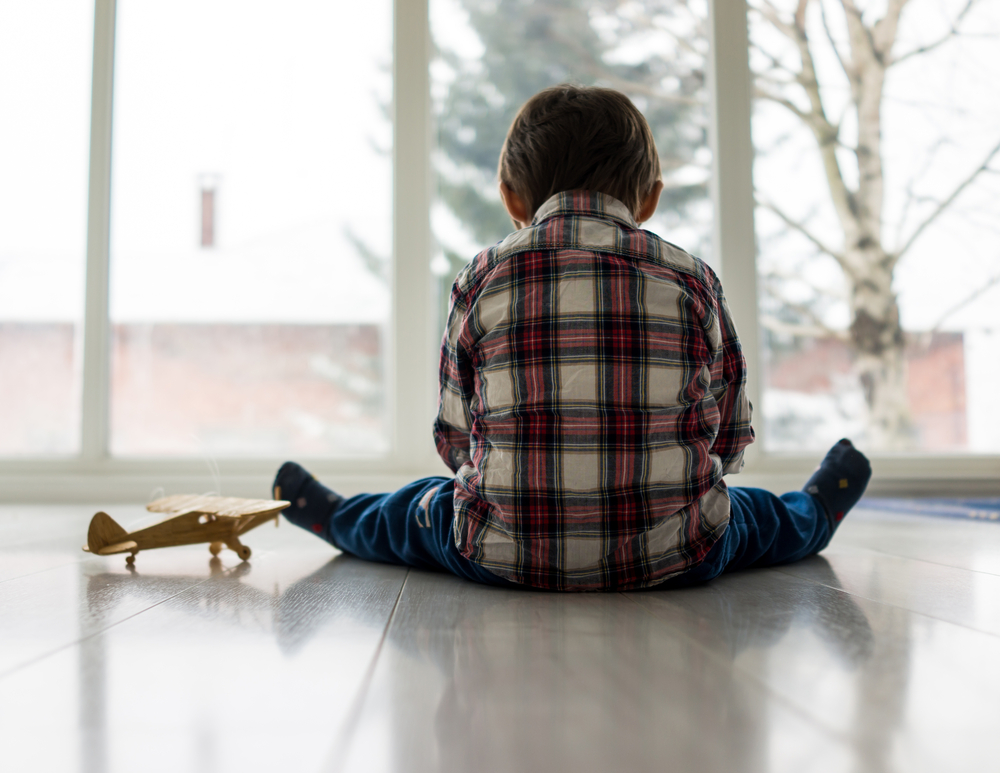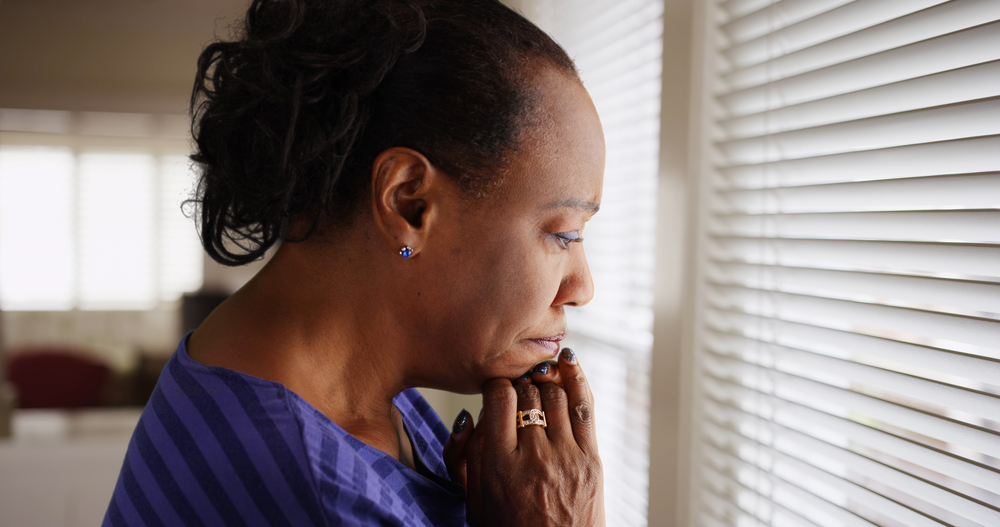When your kids are little, you’re probably the first person they ran to when they fell off their bikes and suffered an injury, fought with their best friend at school, or couldn’t figure out what to do for a school project. Now they’re all grown up and it feels like you know next to nothing about what’s going on in their lives. They don’t confide in you about their struggles and you only find out through the grapevine or long after the situation happened. You’re hurt and confused and you can’t figure out why they don’t trust you with their problems. Here are a few possible reasons for that.
1. You impose your ideas and solutions on them.

When dealing with adult kids, parents have a hard time accepting that they’re not the ones calling the shots anymore. You’ve got to let them figure things out for themselves even if it means making mistakes and getting hurt. If you insist on continuing to play the role of “boss” or “rescuer” and try to force them to do things your way, don’t be surprised if they clam up and stop letting you in on what’s happening in their lives.
2. You have different values and life experiences.

It’d never occur to me to tell my mother when I’m having problems in certain areas of my life because our values don’t align, so sharing would only lead to conflict. I don’t trust her to navigate these conversations with respect, empathy, or open-mindedness. I’m not willing to sacrifice my peace and sanity to include her and her perspective in the experience.
3. You offer unsolicited advice.

It’s easy to assume that you know what’s best for them because you’re older, are their parent, and have their best interests at heart. So, you jump straight into offering feedback and advice when they confide in you, rather than simply lending a sympathetic ear. You’re better off waiting for them to ask for your advice or asking them if they’d like to hear your thoughts on the issue before chiming in.
4. You overstep boundaries.

You invade their space or overstep your limits while trying to be there for them or help fix their problems. If they tell you about a fight they had with their partner, you respond by telling them all the things you don’t like about the partner or take it upon yourself to confront the partner. You ask invasive questions or do intrusive things that make them regret confiding in you.
5. You don’t have as good of a relationship as you think.

The harsh truth is that you might be overstating your relevance in your adult child’s life and the strength of the relationship you have. Many parents don’t bother cultivating friendly, intimate relationships with their kids during their early years but somehow expect their kids to see them as confidantes now that they’re grown. It rarely works that way. You can’t build a relationship you never had unless you start making efforts to bridge the gap now.
6. You’re unable to accept them for who they are.

You may have had a different idea of what kind of person your child would be, who they’d love, what career they’d have, or how they’d turn out. But you’ve got to let the disappointment go and learn to love and have a relationship with the child you have now, not the one you wish you had. You can’t be putting them down, minimizing their experiences, or making it known that you don’t approve of their choices and expect them to be open about their problems.
7. They don’t want judgments, lectures, or criticisms.

As adults, we’re trying to maintain a balance between being independent and wanting our parent’s approval. When your kids share private details about their lives with you, what they’re looking for most of the time is some understanding and support. But when all you do is criticize and judge them for their lifestyle or decisions, they’ll resort to keeping their business to themselves as a form of protection.
8. It’s emotionally triggering for them.

When an adult child is carrying unresolved hurt and trauma from childhood and the ways you parented them or failed to show up for them it can make them resentful. This resentment may prevent them from having deep conversations or sharing more sensitive aspects of their life with you.
9. You have a history of guilt-tripping them.

When they do things their way rather than taking your advice and it blows up in their face, you’re always quick to reply with an “I told you so.” You make them feel bad for not prioritizing your feelings or wants in their decisions. You bring up old arguments and mistakes to make your point, hurt their feelings, or compel them to take your advice.
10. Conversations end up being about you.

You start off listening to them talk about their issues, but then you shift the focus to your problems, thoughts, feelings, or wins, ultimately invalidating the effort they made to communicate with you. Until you learn to stop putting yourself at the center of their struggles, your adult children will keep you out of the loop.
11. You don’t treat them like capable adults.

If your grown children aren’t coming to you with their problems, it may be because they don’t want to be treated like clueless kids who have no idea how to run their lives. Perhaps you have a habit of trying to take over situations, micromanage their lives, or disrespect their choices and they don’t want to deal with that.
12. They don’t think you can handle it.

Children who had to be the parent growing up because you were incapable of handling parental responsibilities, aren’t suddenly going to shift back into normal parent-child mode because you’re ready to be the parent now. In their minds, you’re still that person who they had to take care of emotionally or physically. So, they may have trouble seeing you as someone capable of dealing with their struggles.
13. You don’t ask.

Maybe your child is the kind of person who doesn’t volunteer information without prompting and prefers to wait for people to inquire first. Rather than expecting them to share their problems with you, your relationship may benefit from check-ins where you directly ask them about what they’ve been up to or what they’re struggling with lately.
14. They don’t feel emotionally secure around you.

If you emotionally neglected your kids or made them feel invisible, small, insecure, or not enough when they were younger, those feelings likely followed them into adulthood. So although you may be working on rebuilding the relationship now, it’ll take a while for them to feel comfortable trusting you with their problems.
15. You have a pattern of unreliability.

Broken promises add up. So does acting unpredictably, constant disappointment, and failure to show up for your kids when they need you. If you have a history of being unreliable, it may have impacted your adult child’s ability to trust you with anything, including details about their life. To change that narrative and repair your relationship, you’ll need to start showing up for them in small, consistent ways.
Enjoy this piece? Give it a like and follow PsychLove on MSN for more!




